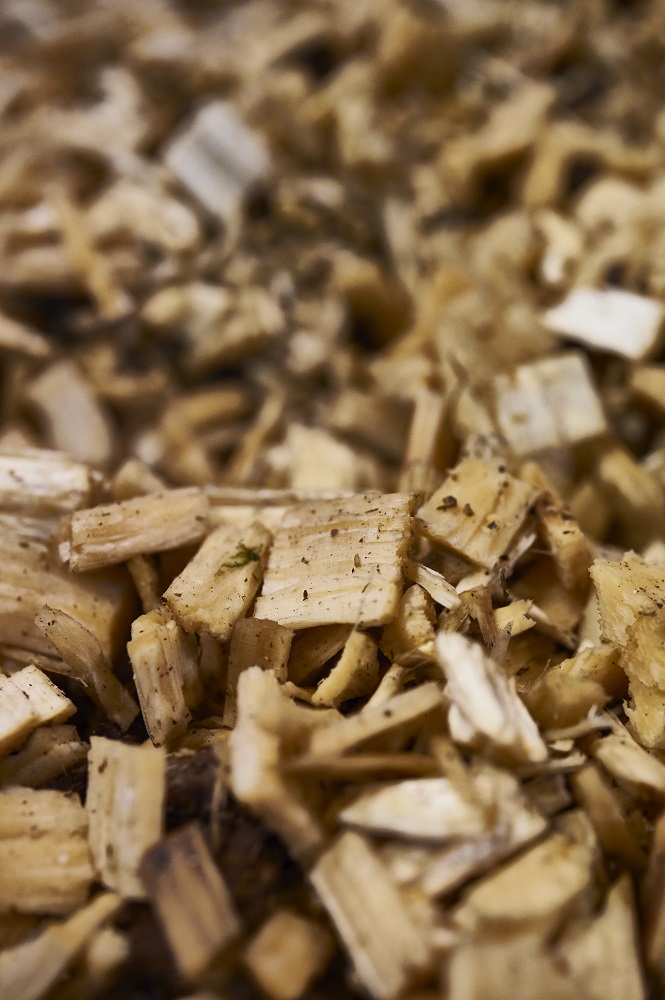The Ulster Farmers’ Union (UFU) has requested an urgent meeting with economy minister Diane Dodds, to discuss the Northern Ireland Renewable Heat Incentive (NIRHI).
Commenting after the UFU submitted their response to the Northern Ireland non-domestic Renewable Heat Incentive Scheme 2020 tariff review consultation, UFU deputy president Victor Chestnutt, reiterated the UFU’s concerns regarding the scheme. He said, “UFU members who availed of the scheme in good faith are continuing to endure never-ending difficulties. Farming businesses are operating in an incredibly volatile market at the present time and many have been struggling financially for years because of the RHI scheme. The UFU’s position remains unchanged, we want to see the full reinstatement of a tariff that is reflective of the true costs and what this consultation proposes is a drop in the ocean compared to what our members require.”
Three and a half years have passed since Simon Hamilton introduced emergency tariff cuts in January 2017 and a series of further tariff cuts were rushed through since then. The UFU have held numerous meetings with Department of Economy (DfE) staff, gave evidence to a Public Inquiry, made a case to the Northern Ireland Affairs Committee, issued numerous press releases on the matter and are still experiencing a standoff regarding tariffs.
“How can Northern Ireland boiler owners be facing this chaos whilst their counterparts in GB are receiving continued support?” said Chestnutt. “The Chancellor of the Exchequer announced in the 2020 Budget the introduction of a flexible, third allocation of tariff guarantees on their non-domestic RHI scheme. Furthermore, Department for Business, Energy and Industry Strategy (BEIS) have launched a consultation on Future for Low Carbon Heat. BEIS are proposing amongst other things a Clean Heat Grant, which has pledged support for biomass in certain circumstances. Support will be offered via an upfront capital grant, to help address the barrier of upfront costs.”
The Burglass Report confirmed the UFU’s view to the Northern Ireland Affairs Committee in April 2019, that boiler owners are reverting to fossil fuels on the back of these tariff cuts. Since then, the coronavirus pandemic has created a slump in fossil fuel prices with oil price predicted to remain at a low rate for a further three years at least, widening the gap in different types of fuel and driving more to the fossil fuel alternative.


